0 Comments
I had a fun weekend up in Fort Pierce looking for some killifish (without luck). We caught LOTS of other stuff, but the killifish remain elusive. My goal is to establish the local killifish (Fundulus sp) and trematode parasite (Euhaplorchis sp) as a study system comparable to the one I studied in California (which was a different Fundulus-Euhaplorchis system). From what I hear, killifish populations in these more southern Florida localities have diminished progressively for the last 20-30 years. Time to head even further north to Cape Canaveral to see if the system is just moving further north with time (potentially with effects of climate warming?). On the plus side, I caught heaps of other social fish species that I can use for my behavioral studies in schooling fish. Plus, it was great to just get back out in the field and test out the waters for my first post-MS field work. Generally, it went well but learned a lot about my new limits and strategies for managing my health while still doing what I love. Especially in the heat, I need to rest in the shade intermittently, drink lots of cold water, and make sure to get a lot of sleep before, during, and after fieldwork.
This year, I got to celebrate an early World Oceans Day at the Frost Science Museum in Miami. We got the 3D printer whirring to make a ton of fish magnets to give away to kids. And they were a hit! But for next year, hammerhead shark magnets have been requested too... ;) It was great to finally get involved in some local outreach (not to mention in 3D!) here in south Florida and hope it is the start of lots more to come!
Left photo credit: World Red Eye and Frost Science Right photo credit: Lauren Nadler After five years away, it was great fun to give a research seminar (at least in 2D!) to the ARC Centre of Excellence for Coral Reef Studies at James Cook University, discussing my research related to how global change impacts on fish behavior and physiology. Many thanks to my hosts, Jodie Rummer and Eva McClure, for organizing the seminar. I am looking forward to hopefully seeing you all in 3D some time very soon!
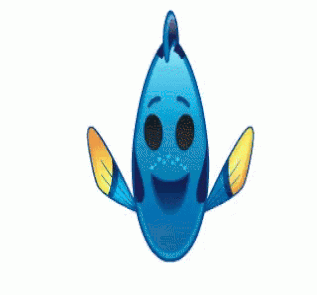 We are thrilled to have been awarded a National Science Foundation International Research Experiences for Students Track II grant to fund development of a field course in Australia for US graduate students in coral reef science. This course will focus on going beyond disciplinary boundaries, to train early career scientists in the transdisciplinary approaches that are desperately needed to solve the major challenges facing coral reefs globally. This course will take us to Australia for 3 weeks annually for 3 years, with 1 week at the School for Field Studies´ Center for Rainforest Studies in the Daintree Rainforest and 2 weeks at the Australian Museum´s Lizard Island Research Station on the Great Barrier Reef. We have an amazing bunch of collaborators from the US and Australia. I wish this course was around when I was a graduate student! Can´t wait to get started! After an exceptionally nutty year, the students in my lab have been absolute troopers dealing with research in a 2D world. With the semester shortened due to no spring break, we are skipping an April lab meeting, making our March lab meeting (over Zoom) our last until Fall semester! Many thanks to all of these legends for making the best out of the unusual (pandemic) situation, doing some awesome science, and keeping smiles on their faces throughout. Hopefully, we will more 3D by the next time we have lab meeting! 🤞
Univ of South Florida Diversity, Equity, and Inclusion in the Workplace certificate program3/25/2021
This is what multiple sclerosis (MS) looks like. Fortuitously, the six-month anniversary of my diagnosis happens to land during MS Awareness Month, which gave me a great excuse to raise money for MS while training for a 5K run. While the last year has been a roller coaster as we all navigate the on-going pandemic and I continue building my brand-new lab (after starting my new job last summer), my MS diagnosis has forced me to take a step back and re-evaluate my priorities, lifestyle, and goals. What I have learned so far has me eating a bit healthier, drinking more water, exercising a bit differently, prioritizing self-care and quality personal time, and recommitting to a life dedicated to science and all that comes with it.
It all started towards the end of last summer, around Labor Day. It was my first summer back in the US after a long time living abroad. I had three whole glasses of wine on the night before Labor Day (a lot for me!) and woke up feeling crummy the next morning, which I simply attributed to a minor hangover. But then the symptoms didn´t abate in the coming days as they normally would. I felt rundown, very tired, and headache-y for about a week. Then, among other symptoms, I lost my sense of taste and had numbness in a few parts of my body, so assumed (given the current times) that I had contracted covid-19. I got a PCR covid test and waited two days for what I thought would be the positive test confirming my suspicions. But then, the test was negative, and I was feeling worse than ever. My New York-based family (all in the medical field) suggested going to the emergency room at the University of Miami, which is a really well-regarded hospital and not too far down the road, to get checked out. I had been feeling pretty crummy for nearly two weeks at this point, but still assumed that the UM docs would say that I was fine and send me on my way. I got checked out first by the ER doctor. Again, I was pretty sure that I was fine (even feeling guilty for taking up their valuable time) and brought my laptop to keep working to keep on top of my brand new and growing research lab. The first symptom that the doctor noticed (that I hadn´t up to that point) was that my right pupil was enlarged and less reactive compared to my left. This news immediately got my attention… So, they sent in a neurology resident to check me out. He was pretty wary that the ER doc got it right, so checked my eye as well. And, yup, there was definitely something funky going on in my eye. They immediately admitted me and ordered an MRI. By the next morning, I had my preliminary diagnosis of MS. The doctors wanted to rule out a few other things, but all evidence pointed to MS (and all of other tests in the coming weeks just reinforced that diagnosis). What I came to learn is that I had what is called relapsing-remitting MS, which means that folks like me have “flare-ups” of their MS intermittently throughout their lives followed by periods of remission where they come back to their (sometimes new) baseline, often with varying degrees of (sometimes little to no) symptoms once in remission. But recovering from a flare-up takes time, and that time period varies a lot for different people, largely because the symptoms associated with a flare-up can vary so widely between different people. What is happening during these flare-ups is that your immune system attacks the neuron´s myelin sheath (which acts to help transmit signals from your brain around your body and back). When the myelin is damaged, the communication of signals from the brain to the body can breakdown, creating a range of symptoms (sometimes seemingly unrelated). In the initial days of a flare-up (which can lead to severe inflammation in the central nervous system), the doctors nip it in the bud using high-dosage steroids. So, I stuck around the hospital for five days to get these high-dosage steroids through an IV. In the times of covid-19 though, my loved ones weren´t allowed to visit for everyone´s safety, so I was relieved when I was finally discharged and could be around my support system in 3D, rather than just video and phone chats. Six months on, I am finally recovering back to a new normal and learning to manage my lingering symptoms. I run slower than I used to, and I still use lighter weights than I did even two weeks before I went into the hospital. Unlike in the past, I need 7-8 hours of sleep per night, I eat less inflammatory foods (I miss red meat!), I make sure to stay hydrated, and I prioritize exercise - I have even started meditating thanks to the Headspace app, but this is an activity I am still working on making a habit. These new priorities are examples of habits that all healthy humans should prioritize, but they have now become essential management strategies for me. In the past, I typically got 5-6 hours of sleep, often ate crappy foods, and didn´t prioritize exercise over work. I am exceptionally lucky to have a wonderful support system – my husband has been goddamn amazing these past few months (I seriously didn´t wash a dish, cook a meal, do laundry, etc. – all of the basic needs – for 3 months, just so I could focus on other things like recovery and keeping up with work). I also feel extraordinarily lucky that this happened at a point later in my life. I traveled carefree through my 20´s and early 30´s, without having to keep track of my medical needs. Through these diverse, bucket-list experiences, I also became confident in who I am as an individual and have a strong identity that is unchanged by this diagnosis. At this point, I also have sufficient scientific training to not only understand what my doctors are telling me, but to dig into the scientific literature myself (including clinical trial data) and understand what the latest science is saying (for instance, I know a lot more about processes like neural plasticity and how to promote it in myself thanks to very recent literature). For MS, a TON has been learned in just the last few years. For instance, prior to 2017, you had to have not one but TWO flare-ups before they would officially diagnose MS, which meant delaying essential treatment and decreasing the quality of the long-term prognosis (you only need one flare-up for diagnosis thanks to the updated diagnostic criteria from 2017, called the McDonald Criteria). My own long-term treatment was only approved by the Food and Drug Administration in the US in 2017. I have heard countless stories about people that spent 10-20+ years with a myriad of symptoms (sometimes intermittently) before they were finally believed, given essential diagnostic tests, and eventually diagnosed with and treated for MS. I was believed from the get-go, got my diagnostic tests immediately, and had my preliminary diagnosis within 24 hours of going into the hospital, which is utterly amazing. And I have a much brighter and more hopeful long-term prognosis as a result (i.e. the goal is no more than a handful of flare-ups throughout my entire life). Now, as I re-evaluate my professional priorities, I have always been committed to promoting diversity, equity, and inclusion in STEM disciplines. In the past, I was particularly focused on issues related to gender, socioeconomic status, race, and sexual orientation. However, my diagnosis broadens my perspective on groups that have previously encountered boundaries to success in STEM, including MS. Even 20 years ago, I am not sure that I could have continued in STEM with my diagnosis. Finally, in 2021, I think that this sentiment and the stigmas that supported it are rapidly dissipating, and I perceive my diagnosis as only a strength in broadening my perspective on groups that should be encouraged and promoted in my STEM field. My obstinate nature prevents me from quitting what I have been working towards for almost 20 years. Even since my diagnosis, I have been able to continue mentoring students, publishing papers, applying for grants, peer-reviewing papers, etc. These successes helped me realize that my diagnosis is only a barrier to professional success if I let it be (which I won´t because I am too darn stubborn!). After not running for three months, I completed a 5K run this weekend, benefiting the Multiple Sclerosis Association of America (MSAA, https://mymsaa.org/). For more information on MS, you can also visit the National Multiple Sclerosis Society website (https://www.nationalmssociety.org/), which has a ton of useful resources. If you want to donate to our charity run team, you can find our team fundraiser page here: https://runsignup.com/teamlimprizkit. |
Archives
April 2023
Categories |
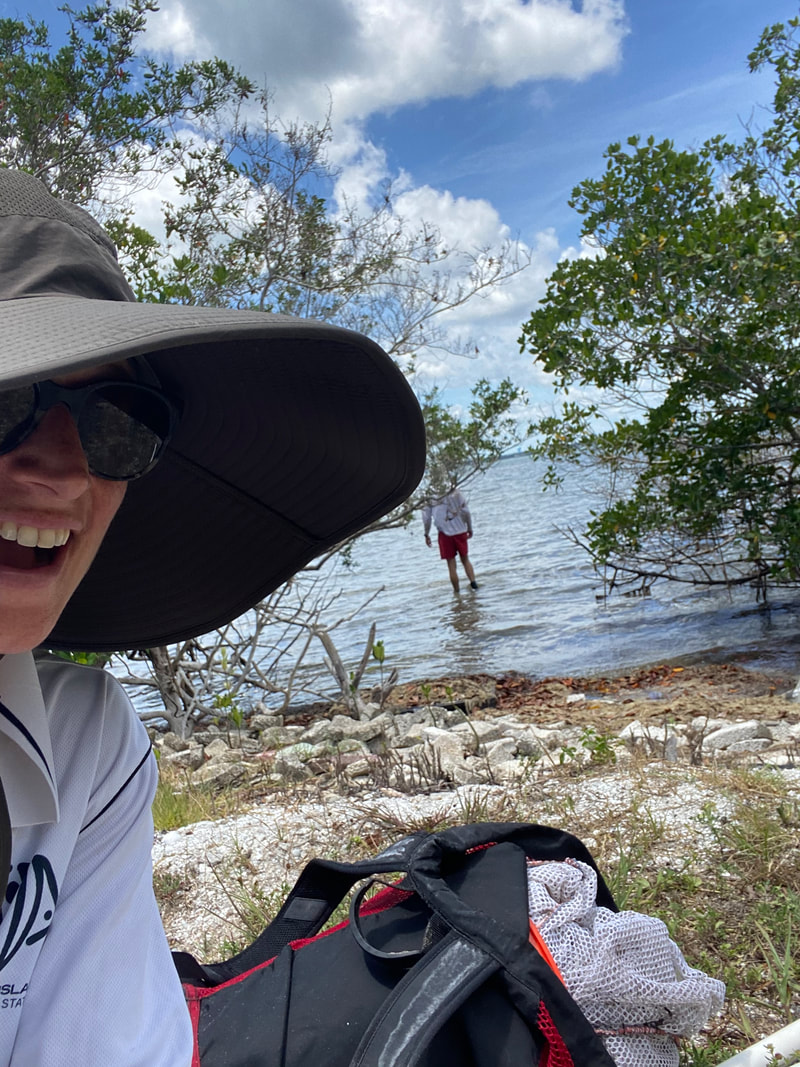
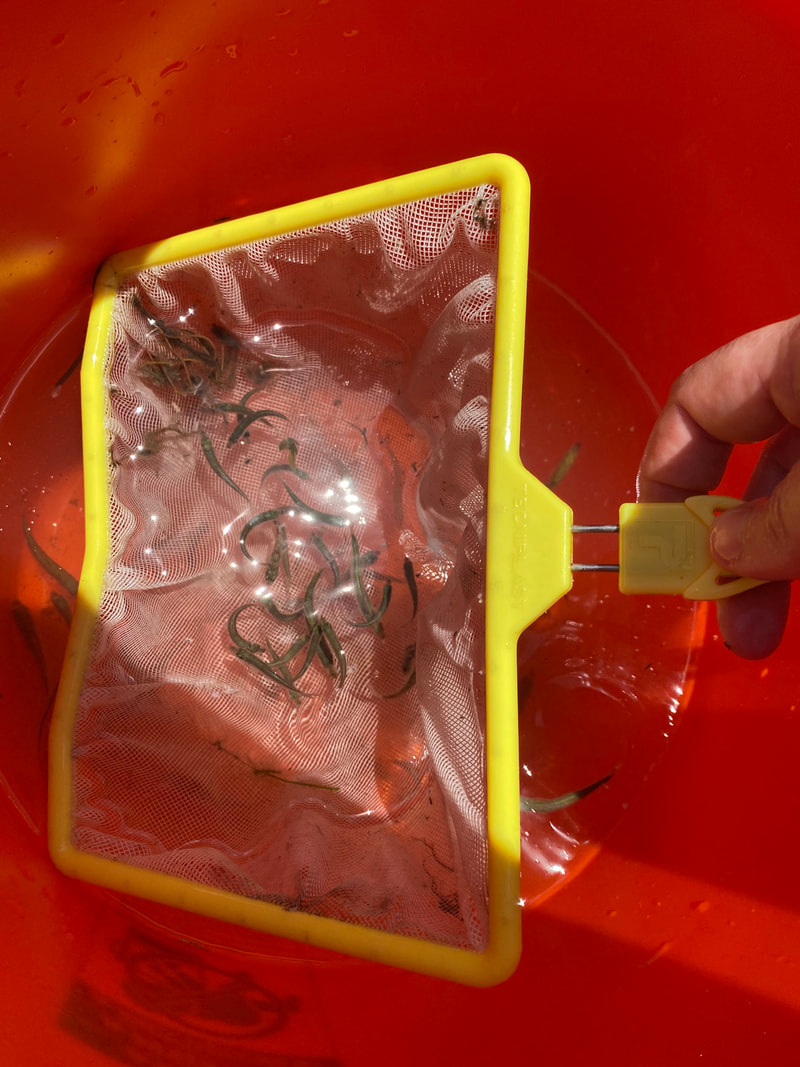
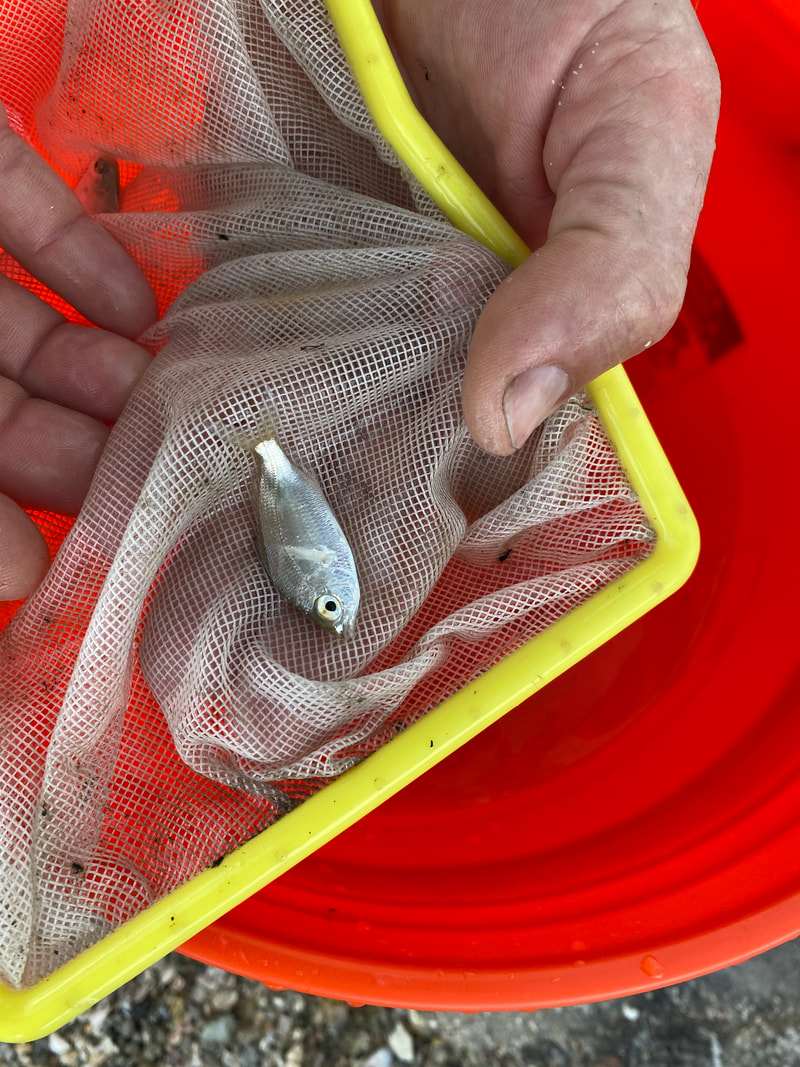
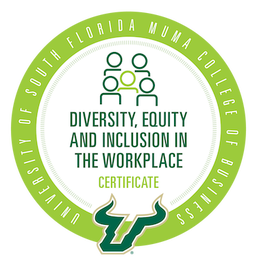
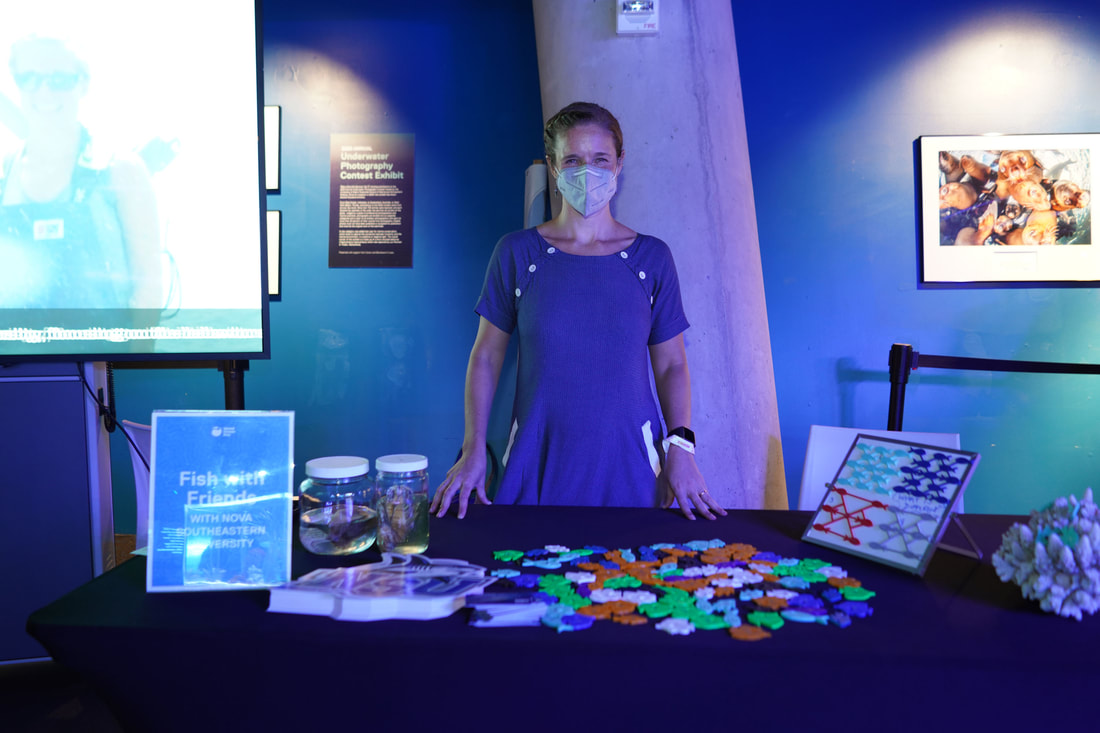
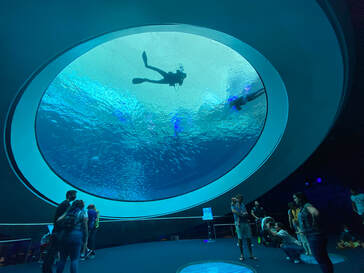
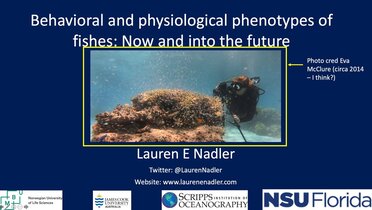
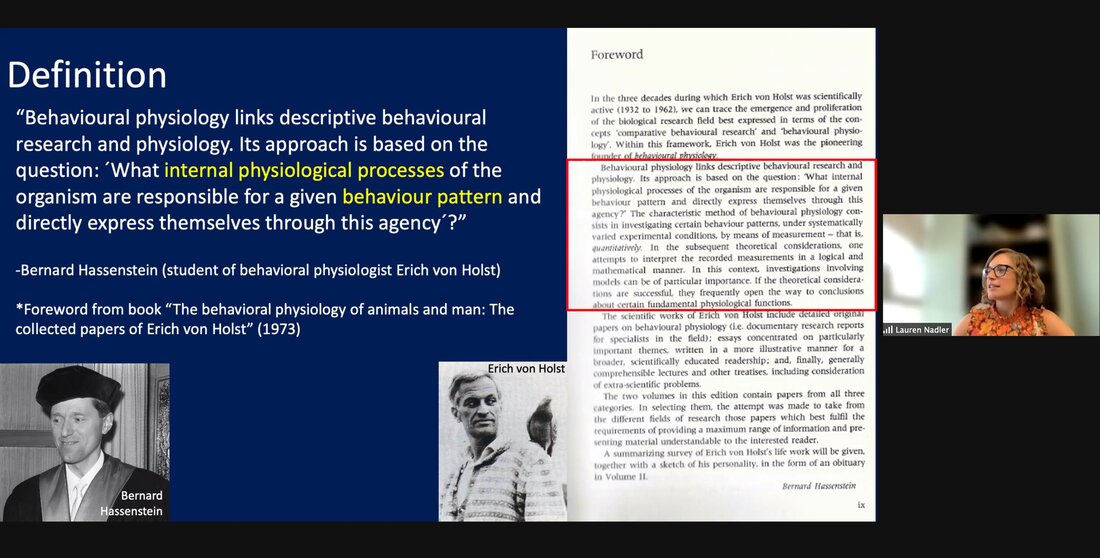
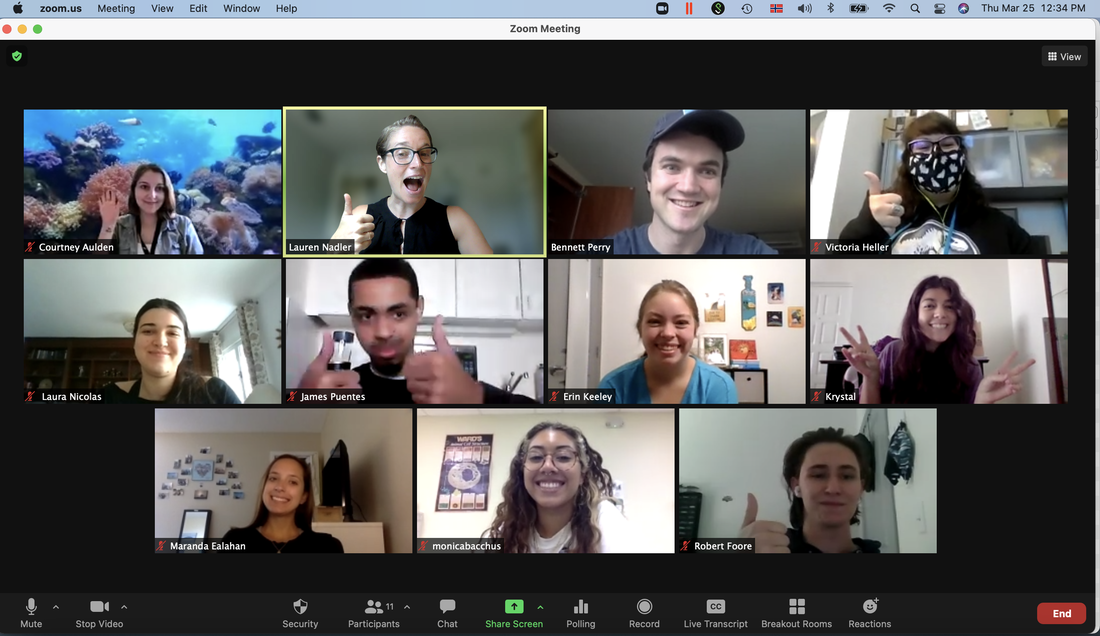
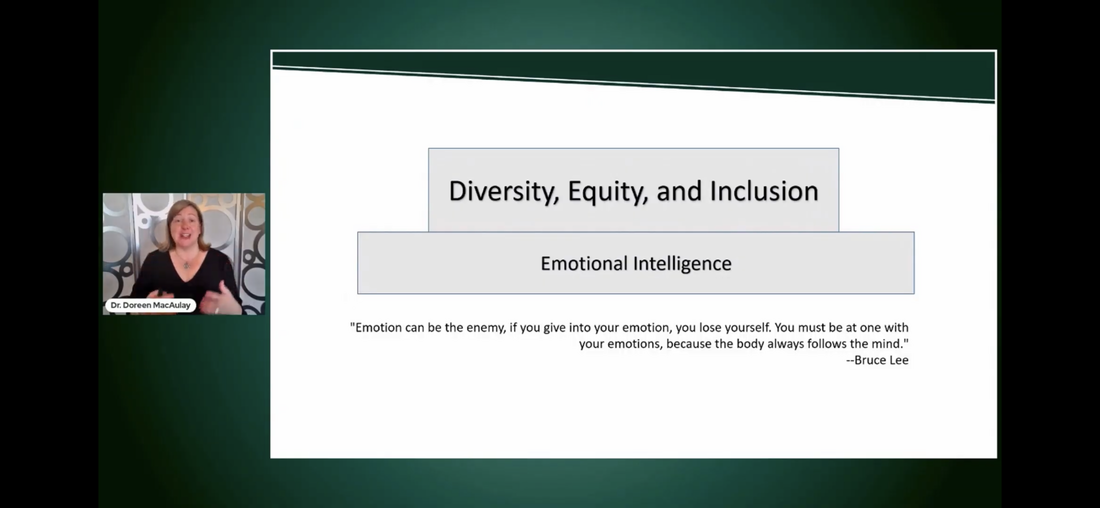
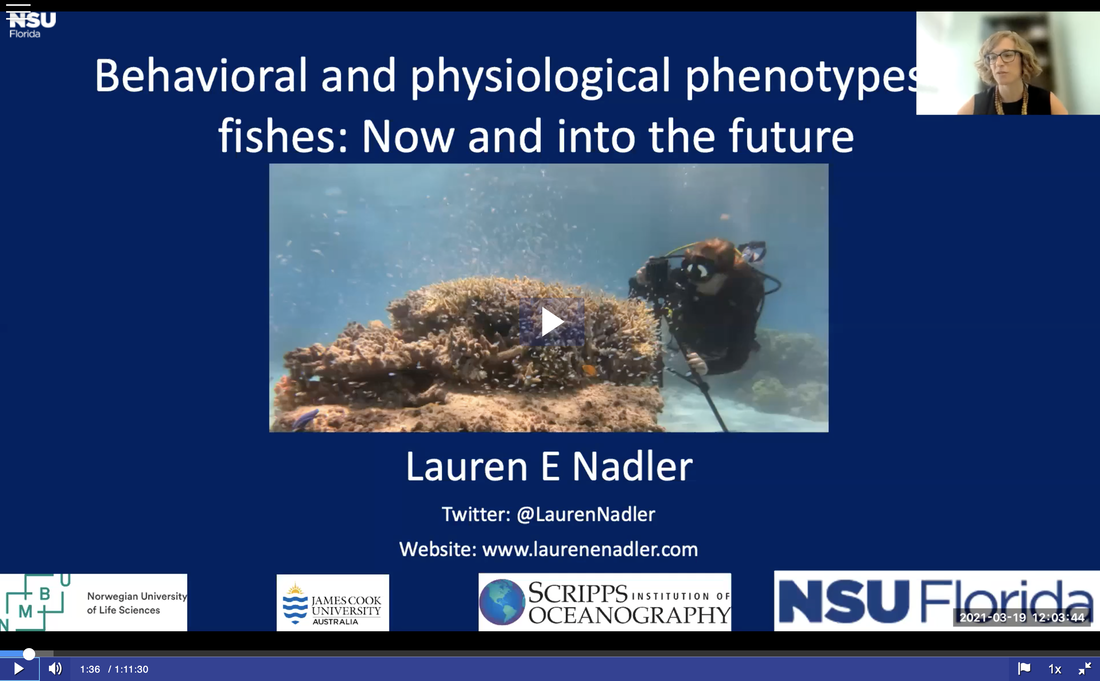
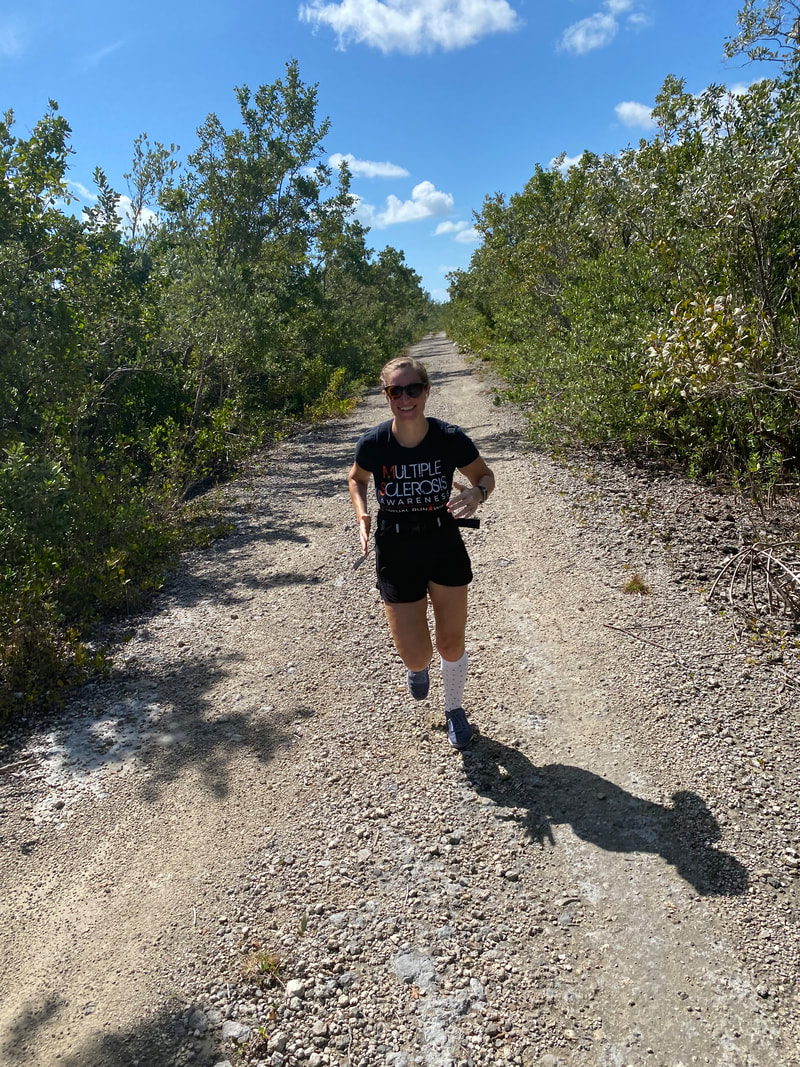
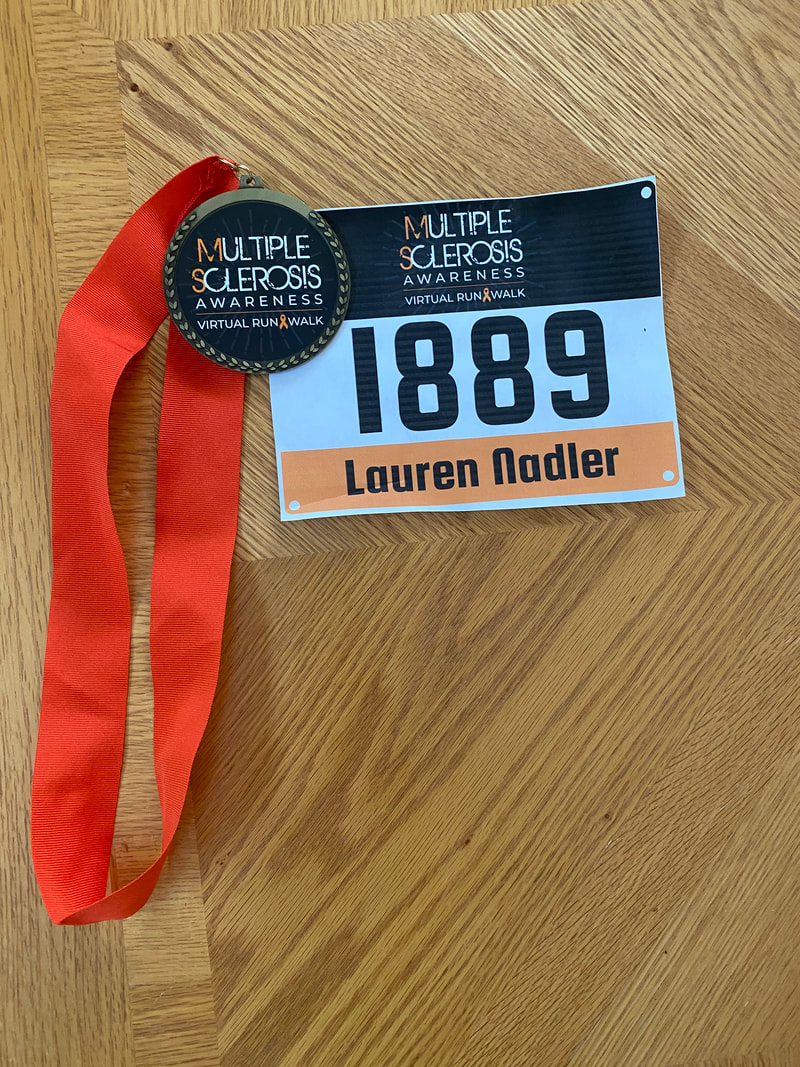
 RSS Feed
RSS Feed